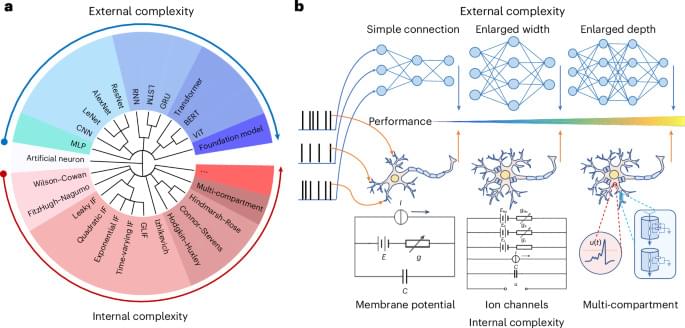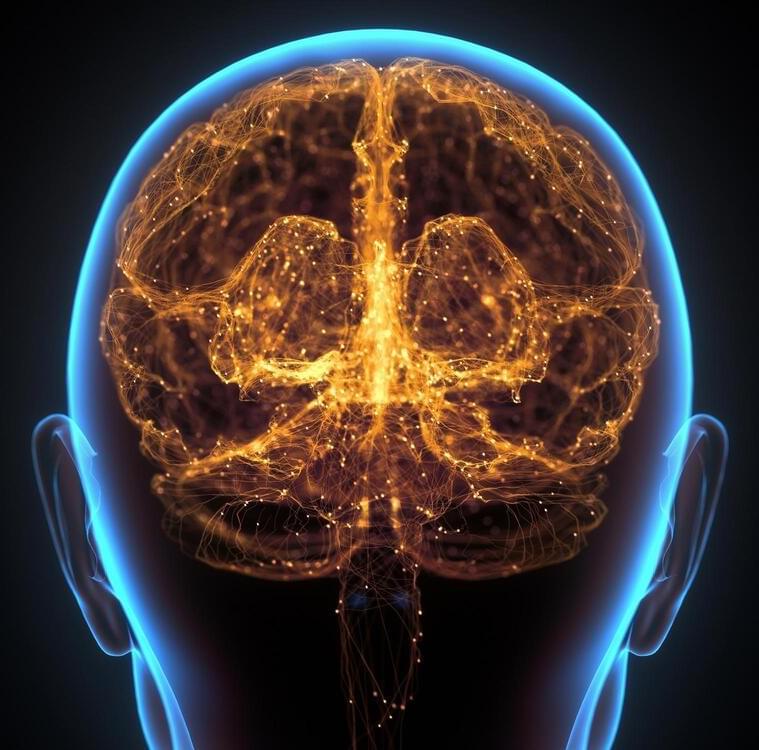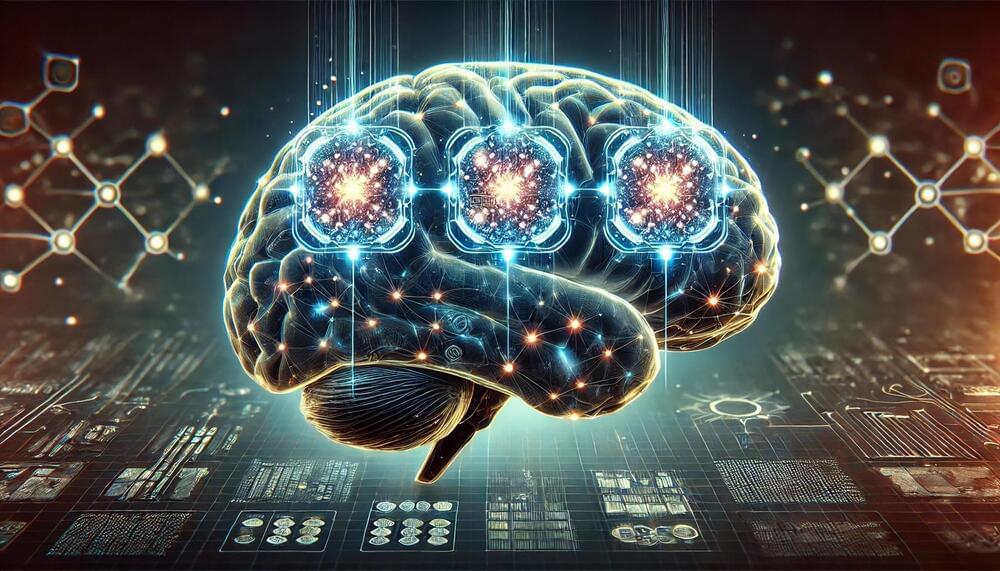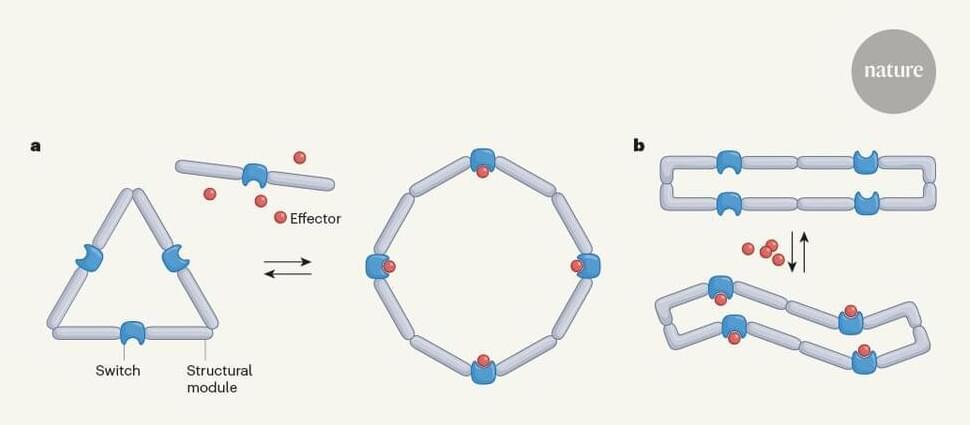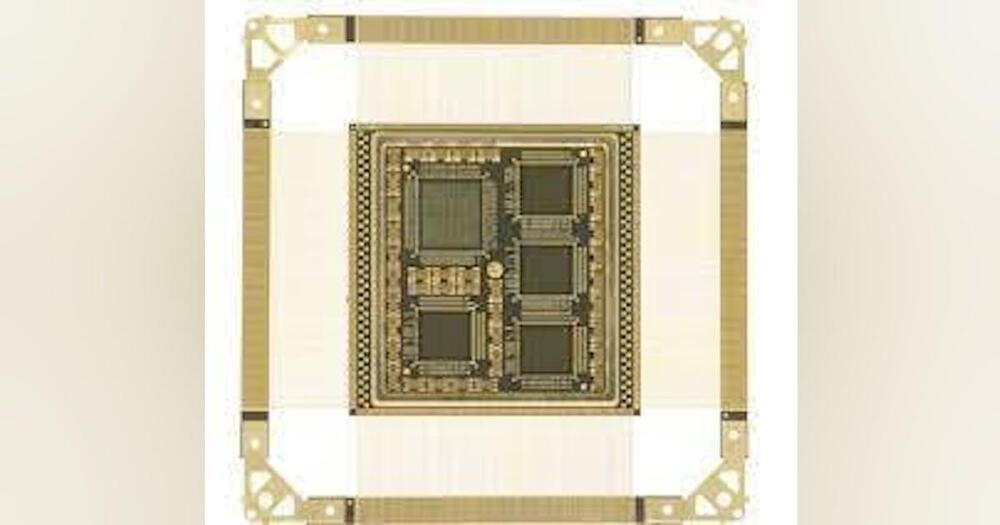A space rock that smacked into Earth 66 million years ago and devastated the ancient life living thereon took a remarkably circuitous route to get here, a new study has found.
The Chicxulub event – the giant impact that ended the reign of non-avian dinosaurs, clearing the way for mammalian life to rise – was triggered by an asteroid from a region of the Solar System out past the orbit of Jupiter, the cold, dark outer limits, far from the Sun’s light and warmth.
And an asteroid it was indeed, with the new findings by an international team of researchers ruling out that the object could have been a comet.


